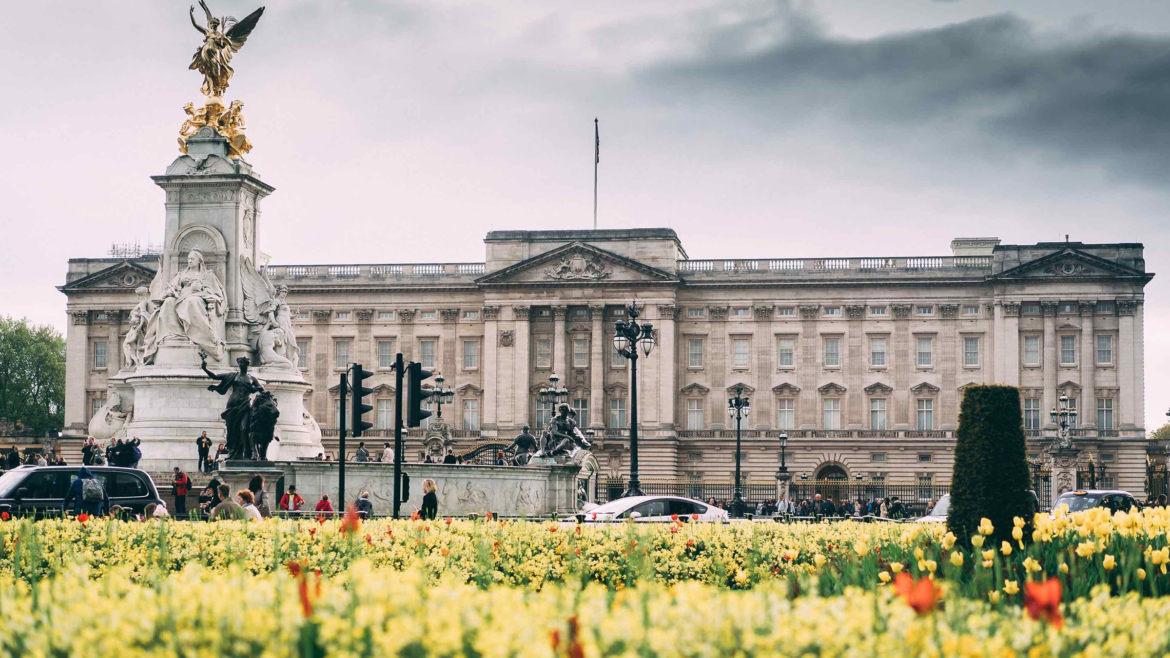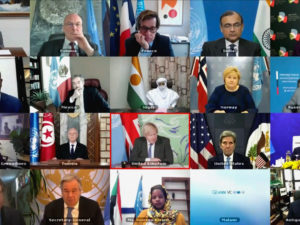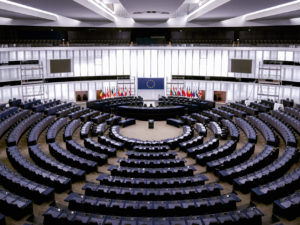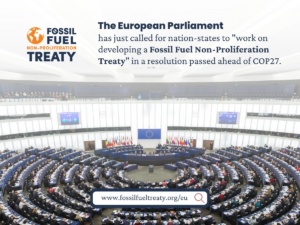
When she was 21 years old, the future Queen Elizabeth II declared to the people of Great Britain and the Commonwealth: “my whole life, whether it be long or short, shall be devoted to your service.” What may be her greatest contribution to the life of modern democratic societies is her embodiment of the standard of leadership as service.
She held to this standard, in her understated way, for 70 years. 90% of people now living were born after she became Queen Elizabeth II. In her time as queen, she knew 15 British prime ministers and 14 American presidents. Canadian Prime Minister Justin Trudeau—who described her emotionally as one of his favorite people—noted she has reigned for nearly half the entire life of his nation.
While some viewed Queen Elizabeth as a stalwart guardian of tradition, she also helped the United Kingdom keep balance as it shifted from a global empire with a legacy of oppression to a modern democratic state within a community of nations.
King Charles III became King only 2 days after the government was handed to a new Prime Minister, Liz Truss. Britain’s new Head of State and new Head of Government come to power at a time of deep turmoil and challenge:
- An acute cost-of-living crisis, affecting people at home and around the world;
- A worsening climate crisis, making more people in more places persistently vulnerable to extreme events;
- A criminal war of aggression in the heart of Europe, with democracy and the rule-of-law under threat;
- All of this compounded by the lingering effects of the COVID-19 pandemic—economic, health-related, and otherwise.
During last year’s COP26 U.N. Climate Change conference in Glasgow, Queen Elizabeth II said “what [leaders] do for the people of tomorrow — that is statesmanship.” She called on all nations “to join in the shared objective of creating a safer, stabler future for our people and for the planet on which we depend.”
As a network of stakeholder advocates, spread across 76 countries, many of which are part of the Commonwealth, we hope servant leadership—and a commitment to steer Britain, and the global community of nations, to a resilient future of inclusive prosperity—will be the constant standard for this new generation. The consequences for future wellbeing in Britain, and around the world, will depend on how well they can hold to that standard.








